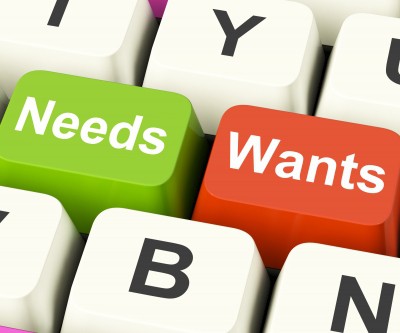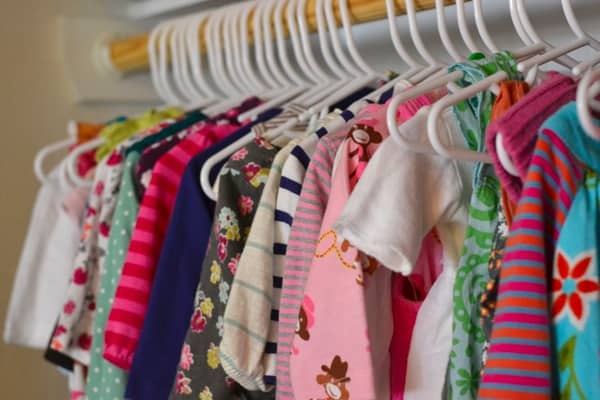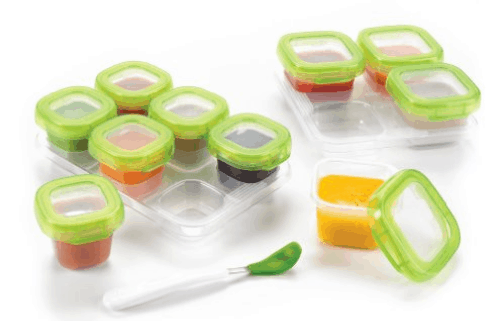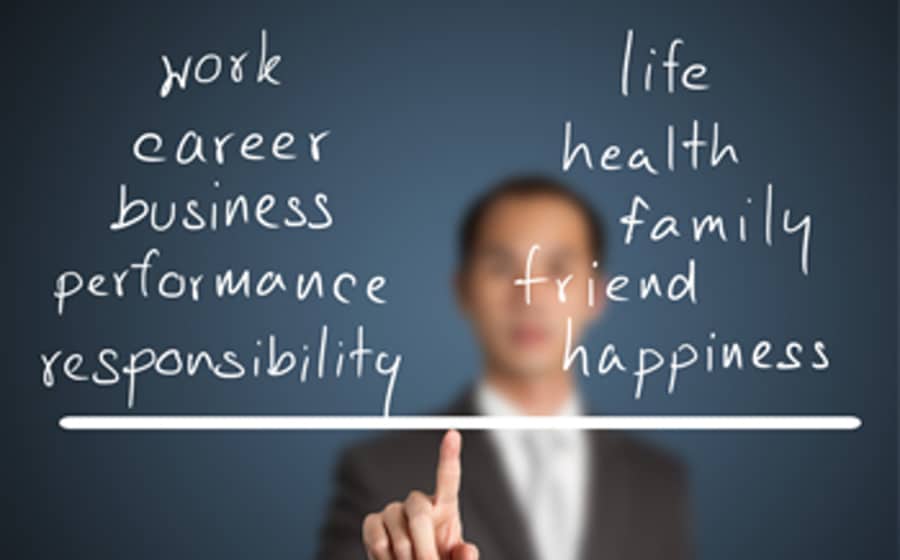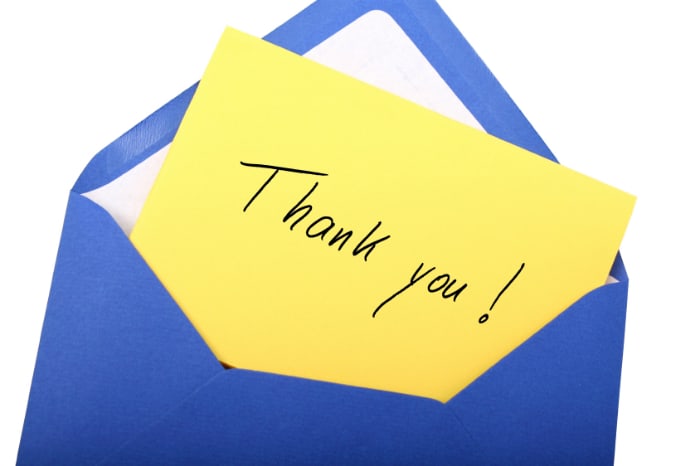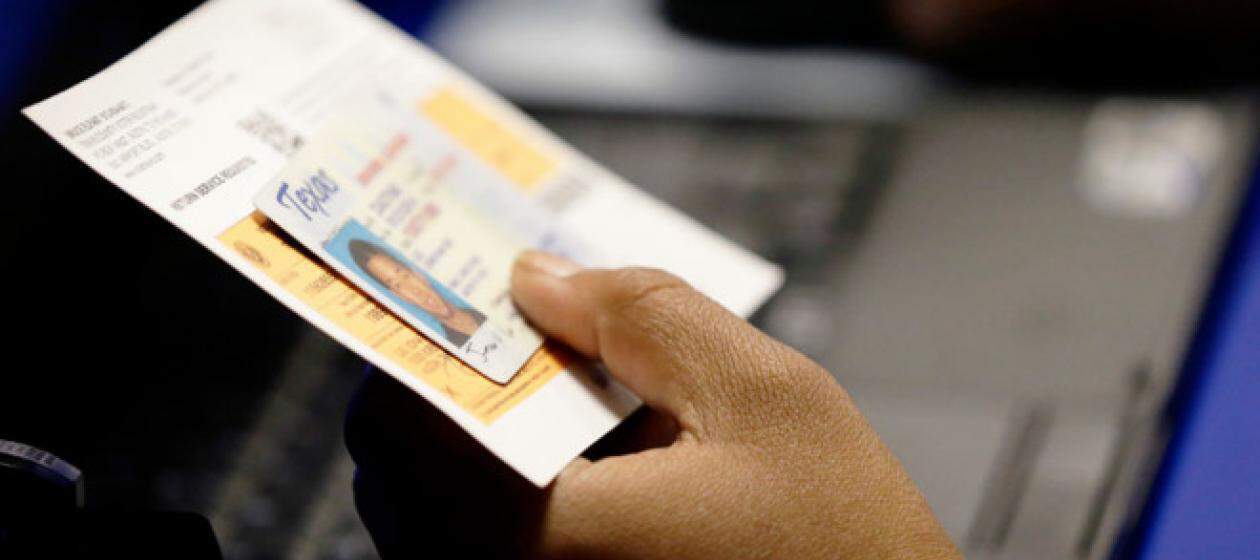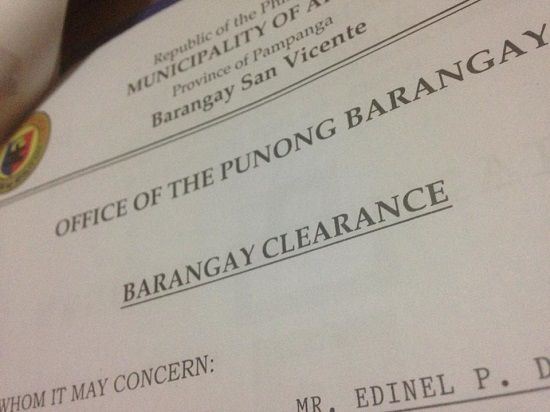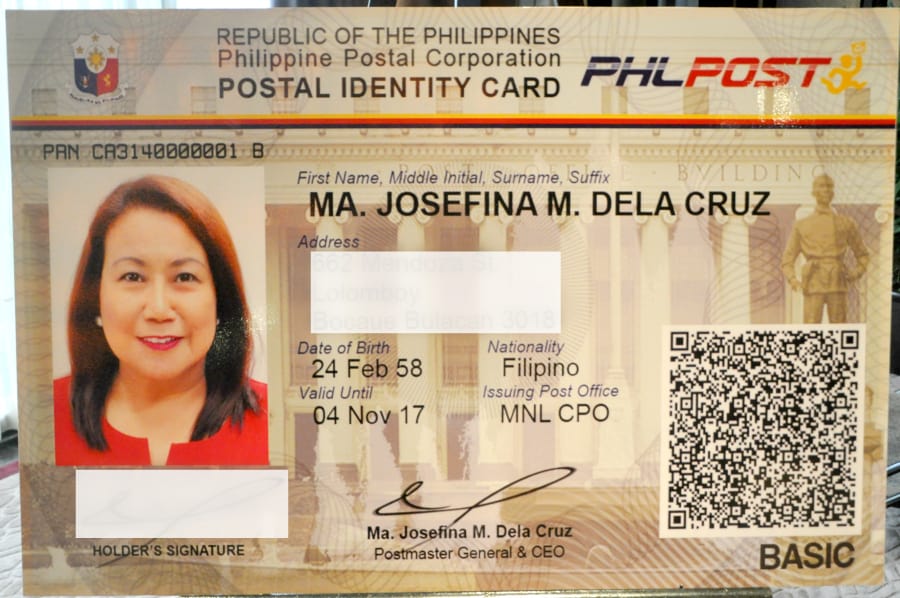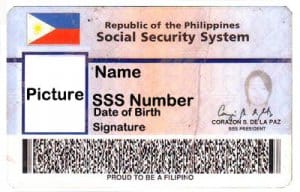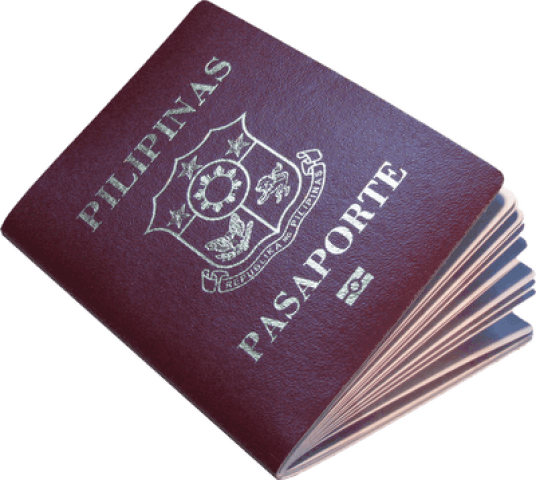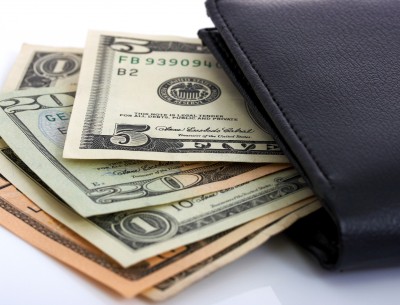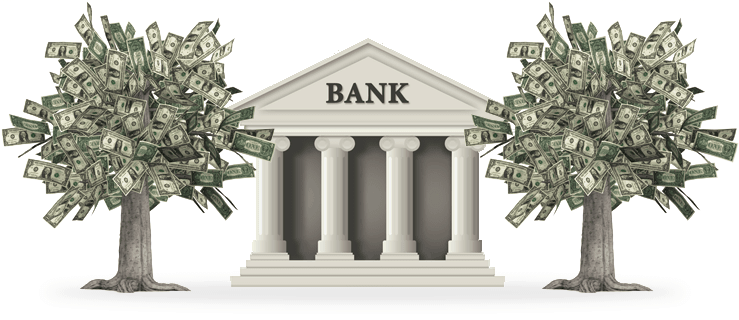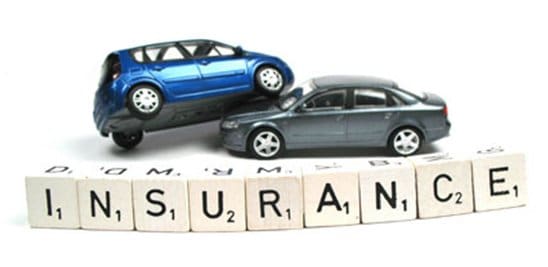Advances in communication technology have made it more difficult to leave your work in the office. After all, your boss can reach you at any time on your smart phone! Fortunately, technology also provides ways to help improve your work/life balance.
1. It allows you to spend more time at home.

Image source: http://running-money.com
Technology allows you to telecommute and work from home, which means that you can save time on commuting that you can spend with your loved ones. You also don’t need to wake up as early, which provides you with a little more sleeping time.
2 . It allows mothers to earn income while staying at home with their children.

Image source: http://wahm.co.nz/
Technology provides stay-at-home mothers with a wide range of income opportunities, such as selling products through social media or working on a freelance basis for their former employers. Thus, mothers can balance income-generating activities with their parenting duties.
3. It provides more opportunities for workplace development.
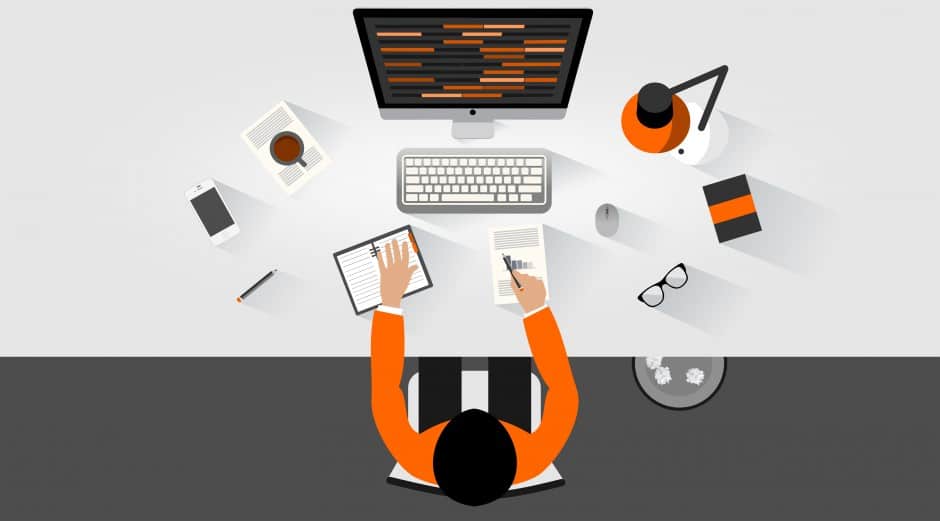
Image source: http://thehomeofficecabin.co.uk
Instead of spending time at the office training to learn new skills, you can study training modules on your tablet or listen to audio lessons. This not only allows you to learn at your own pace without the pressure to keep up with faster learners that you may experience during workshops with limited time frames, but also provides you with more personal time that you can spend with your family or doing leisure activities.
4. It allows you to be more flexible with your schedule.
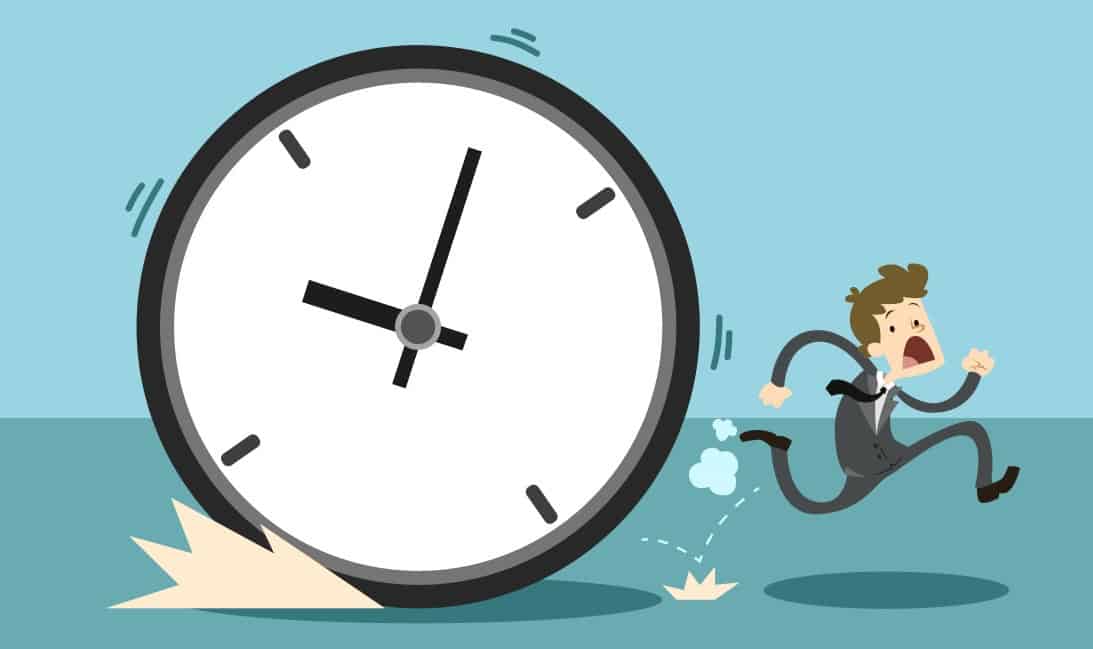
Image source: http://tkographix.com
Instead of being forced to work long hours at the office, you can take some work home with you. Of course, you also have to know how to unplug in order to maximize your personal time.
5. It helps you to stay fit.
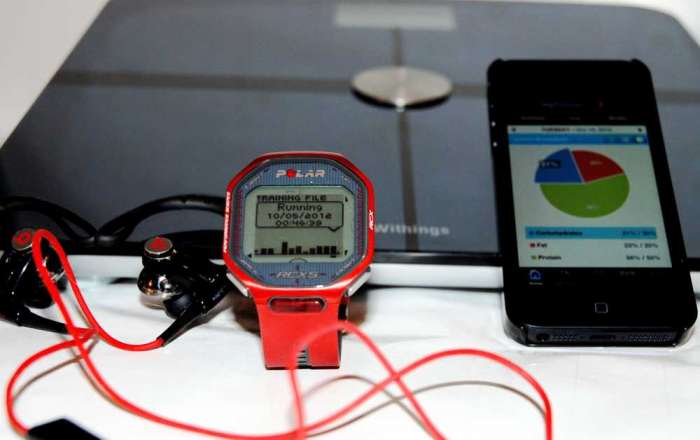
Image source: http://jacksonville.com
Instead of having to go to the gym, there are apps that you can download on your smartphone that provide you with fitness programs that are easy to do and take only a short time to complete.
6. It makes it easier to stay connected with your loved ones.

Image source: http://www.mylankareview.com
While face-to-face interaction is still ideal, when this is not possible, texting and other forms of digital communication allow you to keep in touch even when you’re not physically together.
7. It allows you to learn while you’re commuting.
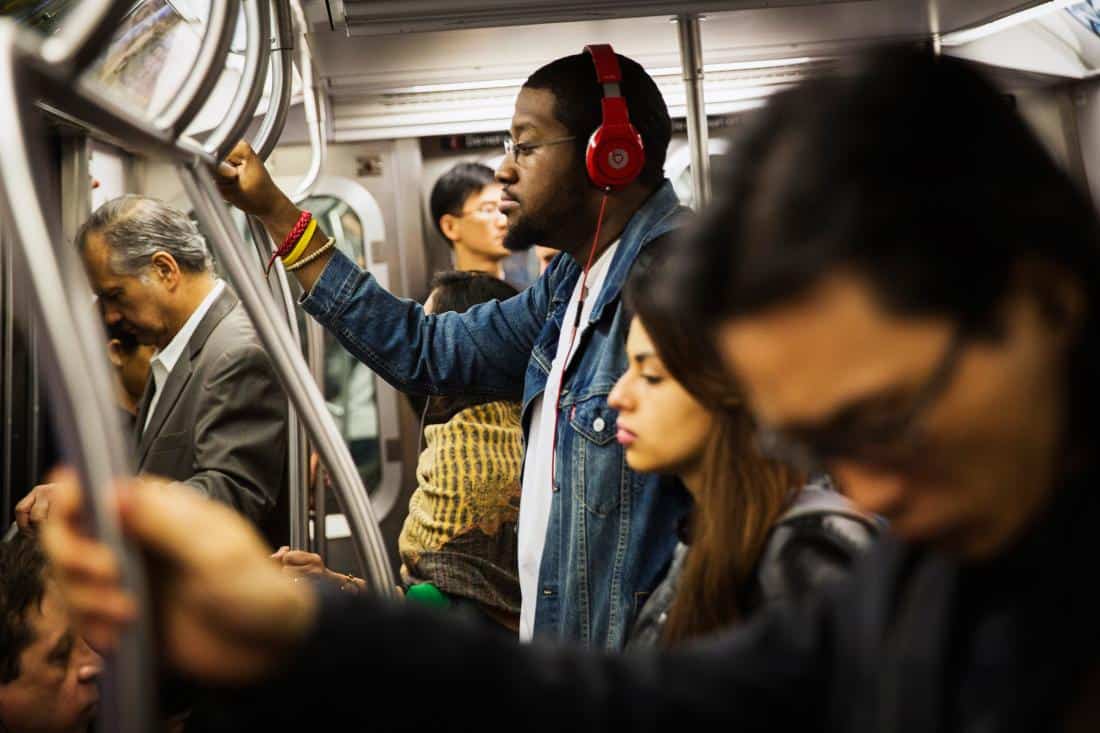
Image source: http://time.com
The US Census estimates that Americans spend an average of fifty minutes a day traveling to and from work. You can make good use of this time by listening to audio lessons that can help you upgrade your skills.
8. It helps make you more efficient.

Image source: https://www.eventbrite.com.au
If you have a million things to keep track of, apps and other productivity tools on your computer can remind you of deadlines as well as organizing your schedule so you can use your time more effectively.
9. It helps you avoid unnecessary meetings.
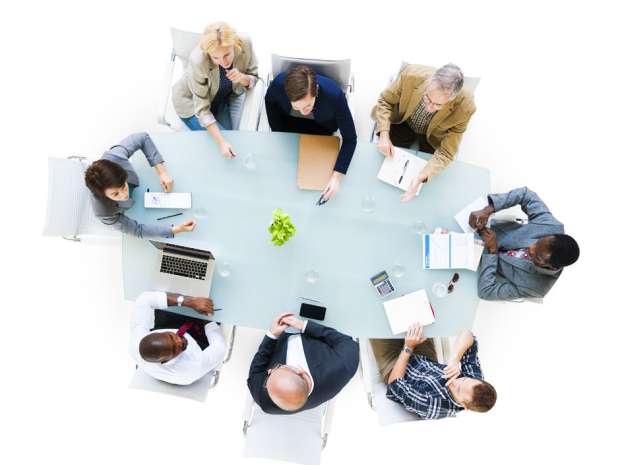
Image source: http://business.financialpost.com
A lot of time during the workday may be wasted in face-to-face meetings with team members; you can avoid this by using collaborative tools that allow you to keep in touch with individual members so that you can stay on top of your projects without having to talk personally with them.
10. It helps you save time on chores.
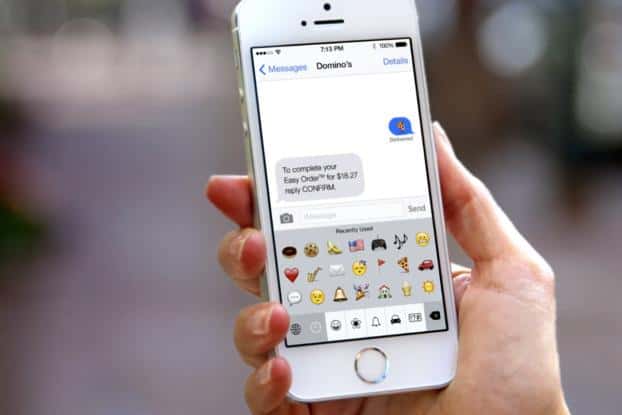
Image source: http://creativity-online.com
Instead of going to the supermarket or grocery for routine trips, you can order what you need online and have it delivered straight to your home.
A lot of people believe that technology forces workers to struggle with maintaining their work-life balance. But technology can also provide workers with the flexibility to adjust their schedules without work having to intrude into their personal lives. It really depends on how you use technology and how you can ‘unplug’ yourself when you’re not working.



